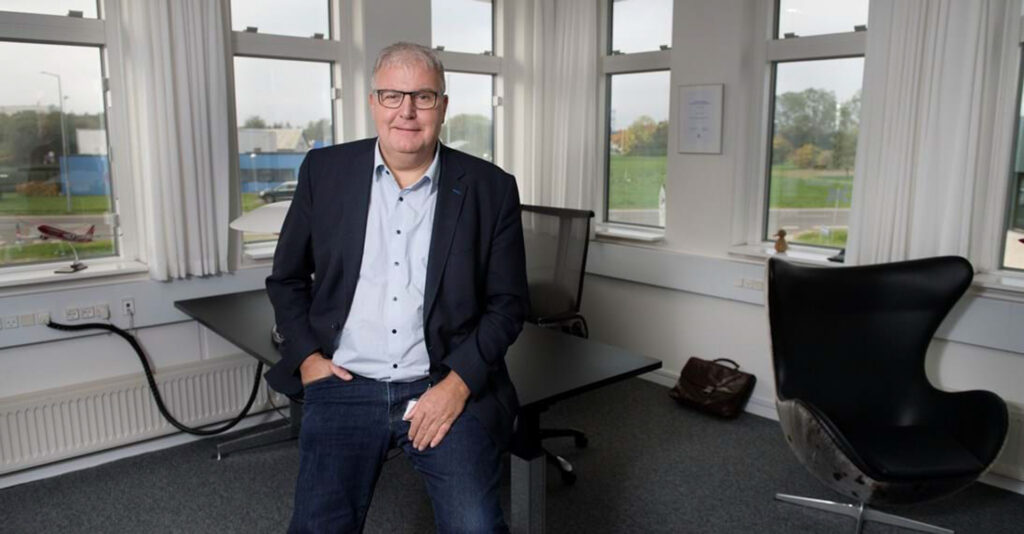- Cargo & Logistics
Container
Aalborg Container Terminal handles containers to and from the entire world
Rail
Direct connection to the European rail network
Road
Easy access to the road system and short distance to E45
Sea
Around 1.000 ships call the port yearly with cargo, equipment and personnel
Dry bulk
One of Denmark’s most active bulk ports with adapted facilities
Liquid bulk
Tank capacity both North and South of the fjord
Project cargo
Areas for handling of project cargo by the quayside
Services
Service solutions via rail, road and sea
Business terms
Transparency and clear guidelines
Maps of the port
See the port’s areas with quay numbers here
- Business Park
Why Aalborg?
Aalborg houses one of Denmark’s largest business parks and a vital logistics hub
Green transition
Sustainability and green transition is a beacon in our activities
Infrastructure
Multimodal link between Scandinavia, the North Atlantic and the rest of Europe
Focus areas
Business park, green transition, cargo and logistics
Services
A wide range of services tailored for each company
Leasing concepts
Attractive business park with settings for warehouse, production and office facilities
Vacant leases
Vacant leases ready for move-in at short notice
Maps of the port
See the port’s areas with quay numbers here
- Green Transition
Greener business development
Greener societal growth and business development through regional collaboration
CCUS
Leading growth centre for CCUS with the entire value chain within close proximity
Wind energy
Internationally recognized production, test and storage hub
Power-to-X
Projects and partnerships with development potential
Partnerships
Strategic partnerships and collaboration yield groundbreaking results
Map: Projects in North Jutland
Interactive map of green solutions in North Jutland
- Maritime Information
Live: Navigation conditions
Follow the current ship traffic and navigation conditions in Aalborg port right now
Emergency & safety
Regulations and safety guidelines for the port areas and ISPS secured quay areas
Waste management
Guidelines for responsible waste treatment and reception in the port
Forms & regulations
Form for download, regulations and relevant links
Cruise
Stay updated on cruise calls in Aalborg in our calendar
Maps of the port
See the port’s areas with quay numbers here
- About Port of Aalborg
Organisation
Port of Aalborg A/S is a joint-stock company owned by Aalborg Municipality
Green transition
Sustainability and green transition is a beacon in our activities
Partnership & collaboration
Strategic partnerships and collaboration create ground-breaking results
Strategy: Gate to great
Our mission is to help companies develop from good to great
CSR-strategy
Social responsibility is the cornerstone in all of our operations
Job & career
Port of Aalborg is a versatile company with various professions and job titles
News & press
Latest news, informations and great stories from our everyday life
Whistleblower scheme
We wish to be a transparent and responsible company


